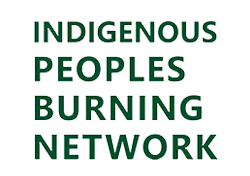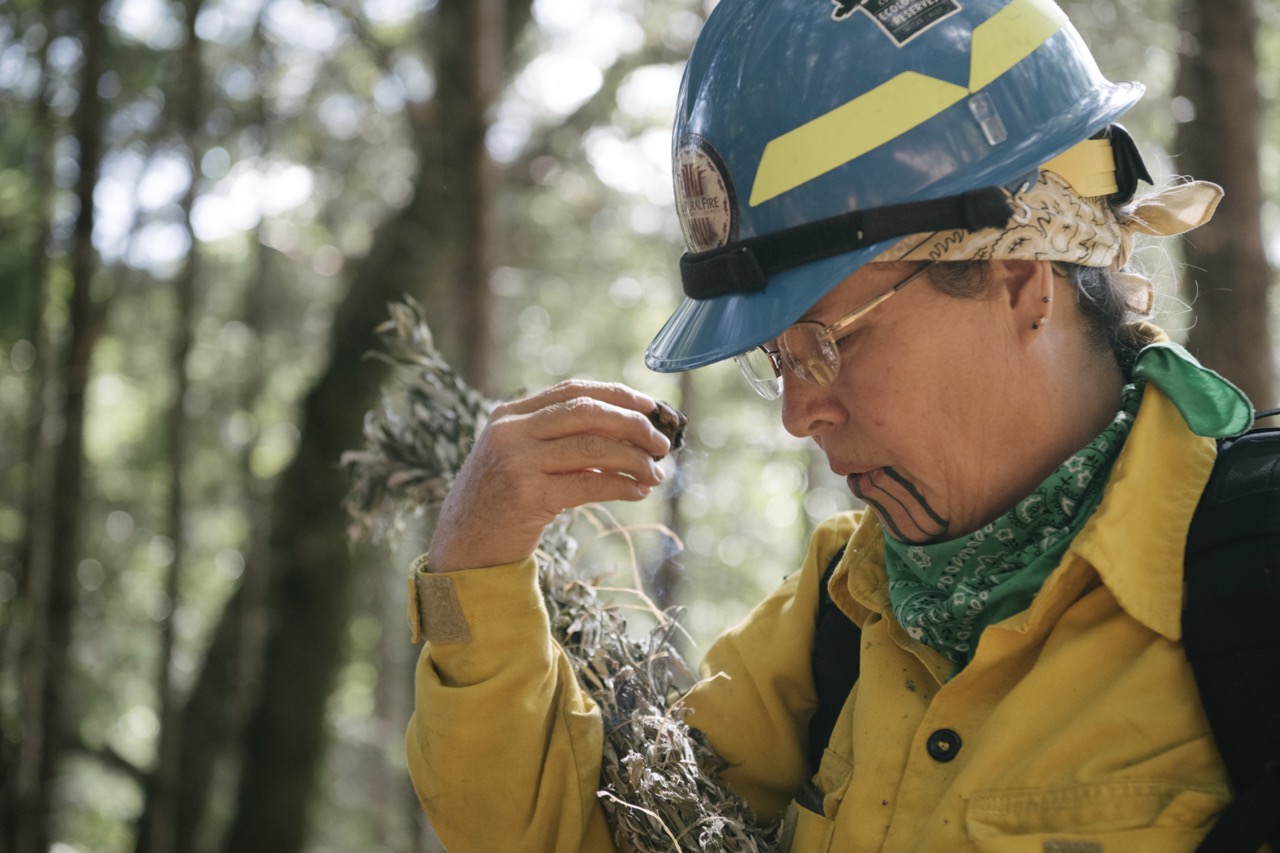

The Indigenous Peoples Burning Network (IPBN) is a support network among Native American communities that are revitalizing their traditional fire cultures in a contemporary context. The network is led by Native American elders and practitioners, and is centered on Indigenous cultural burning to help bring fire back into balance.
The IPBN is managed by and for Indigenous fire practitioners and their communities. For others wishing to learn more about Indigenous fire, or how to support and partner with Indigenous burners, please see our resources for non-indigenous partners.
ABOUT
Since time immemorial Indigenous peoples have been using sophisticated fire practices to care for landscapes and communities across what is now the U.S. The Indigenous Peoples Burning Network (IPBN) provides a framework for some of those who are revitalizing their fire culture, and contributing to solutions for the mounting wildfire challenges we all face.

PARTNERS
The IPBN’s leadership team of Native American co-leads and advisors guides the general direction of the network, evaluates requests for participation in the network, and approves the network’s annual plan of work. IPBN staff at The Nature Conservancy provide the administrative support needed for communities to implement annual plans and meet their long-term fire goals.
Network co-leads, advisors, and partners are from states including Alabama, California, Minnesota, Oregon, Virginia, and Washington.

History
The IPBN was founded in 2015. IPBN-supported work has included engaging in Healthy Country Planning (and mentoring others in this process), supporting family-led burning, and hosting Prescribed Fire Training Exchanges to enable culturally important burning. From this base, the IPBN has expanded to include participants from an additional half-dozen landscapes, and the network welcomes inquiries from additional Tribal communities and Tribal governments.
